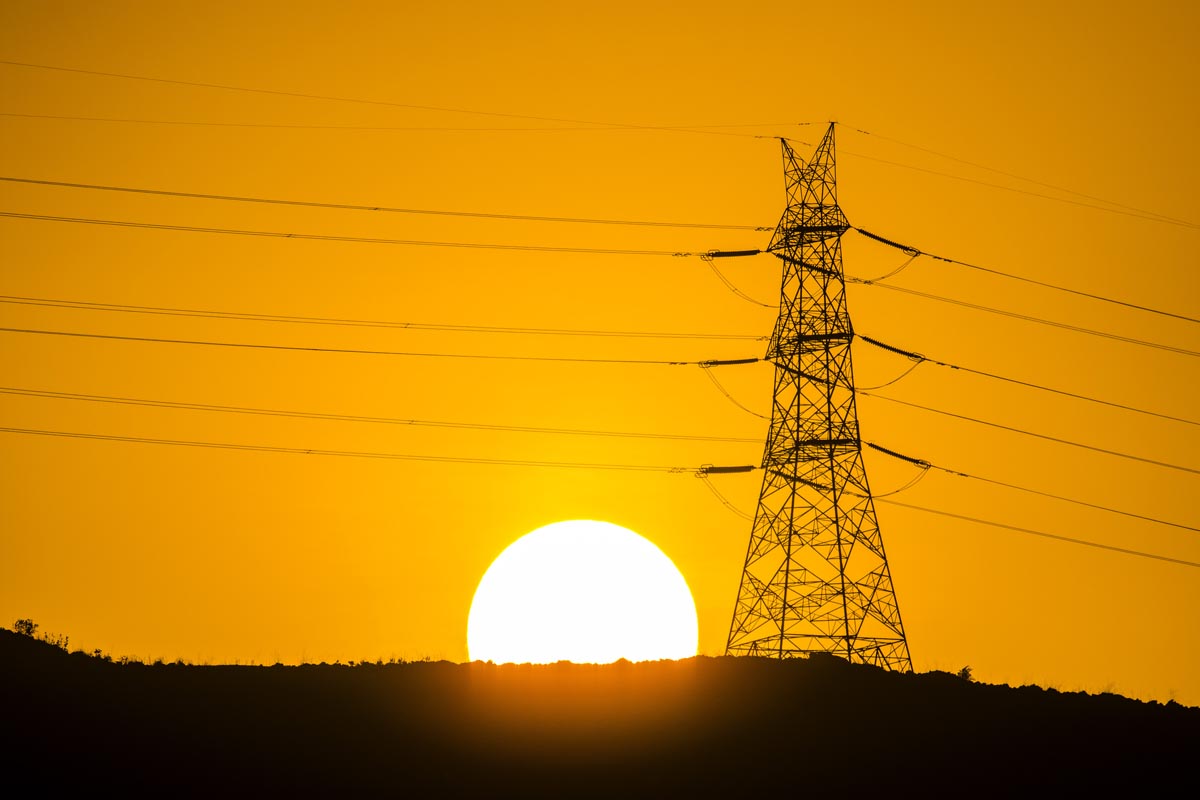The Baltic countries have taken a historic step towards energy independence. Estonia, Latvia, and Lithuania have officially disconnected from the Russian-Belarusian BREL energy system and synchronized their grids with the European ENTSO-E via the Poland-Lithuania air connection. This decision was expected but holds significant strategic and geopolitical importance.
How did the disconnection process unfold?
The synchronous disconnection from the BREL system proceeded without any technical difficulties. The Baltic energy systems remained in an isolated mode for about a day to test the stability of their own grids. After this, they officially integrated into ENTSO-E – the pan-European network, which also includes Turkey, Algeria, Morocco, and Tunisia.
Lithuanian Energy Minister Žygimantas Vaičiūnas emphasized that this step deprives Russia of the ability to use energy supply as a tool of geopolitical pressure. In Vilnius, they even set up a symbolic countdown clock to the moment of full disconnection from BREL.
Why is this important for the Baltic countries?
- Energy independence – No more control from Moscow. The Baltic countries can independently determine their energy policy and cooperate with Europe.
- Energy network security – Connecting to ENTSO-E reduces the risks of energy manipulations by Russia, which has repeatedly used gas and electricity as leverage.
- Economic benefit – Joining the European network means greater stability in electricity prices and the ability to import cheaper electricity from the EU.
Ukraine’s experience: a similar path to independence
Ukraine had already started the process of disconnecting from the Russian energy system. Despite its planned disconnection from BRELL, it coincided with the beginning of the full-scale Russian invasion on February 24, 2022. By March 2022, Ukraine had emergency joined ENTSO-E, and the full synchronization process was completed by December 2023.
This step dealt another blow to Moscow’s influence in the energy sector, demonstrating Ukraine’s ability for independence and integration into the European market.
What’s Next?
The disconnection of the Baltic countries from BRELL is not only a technical process but also an important geopolitical signal. Europe strengthens its energy security by reducing dependence on resources from Russia. At the same time, this step opens up new possibilities for the development of renewable energy and the creation of a stable energy network in Europe.
It is clear that other countries in the region may follow this example. In the face of global energy changes and increasing tension in relations with Russia, independence in energy resource supply becomes a key factor for stability and security.
Conclusion
The Baltic countries have taken a decisive step towards full energy integration with Europe, leaving behind years of dependence on Moscow. This process is another proof that countries aspiring to sovereignty can achieve it even in critical sectors such as energy. Now, new development opportunities arise for the Baltic region, while Europe gains another strong shield against energy threats from Russia.


